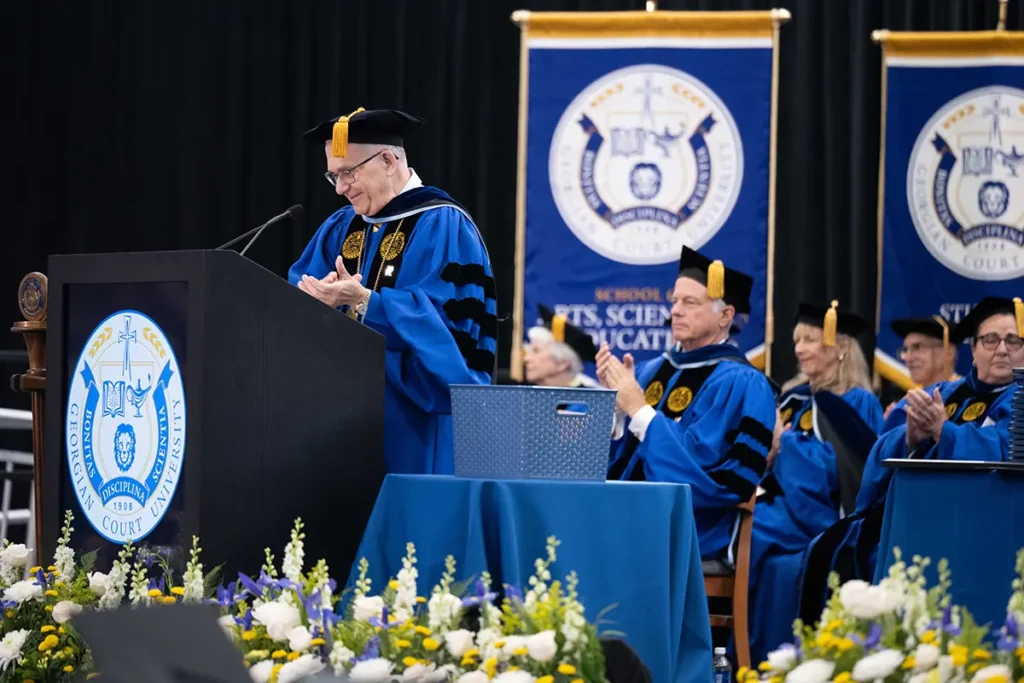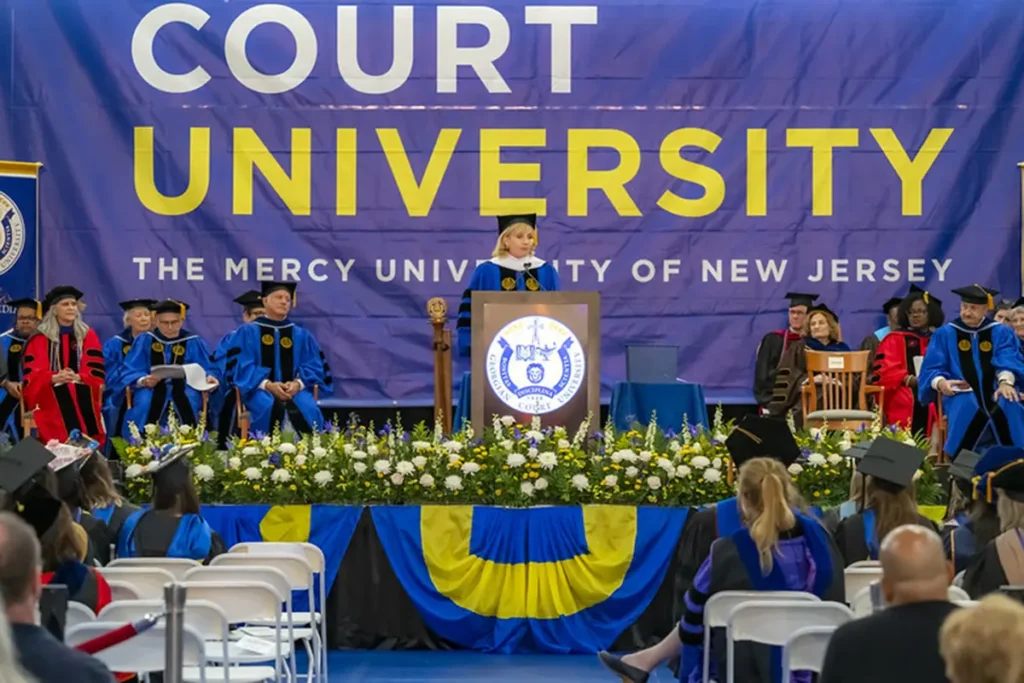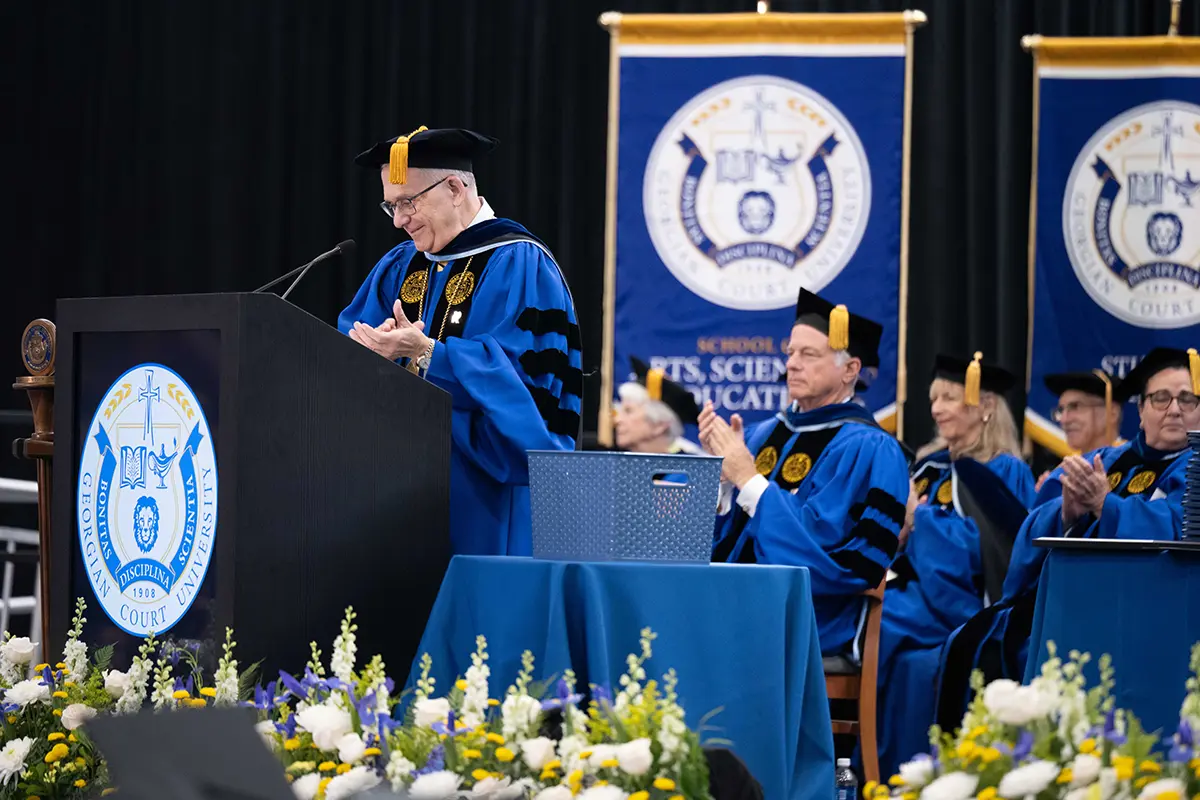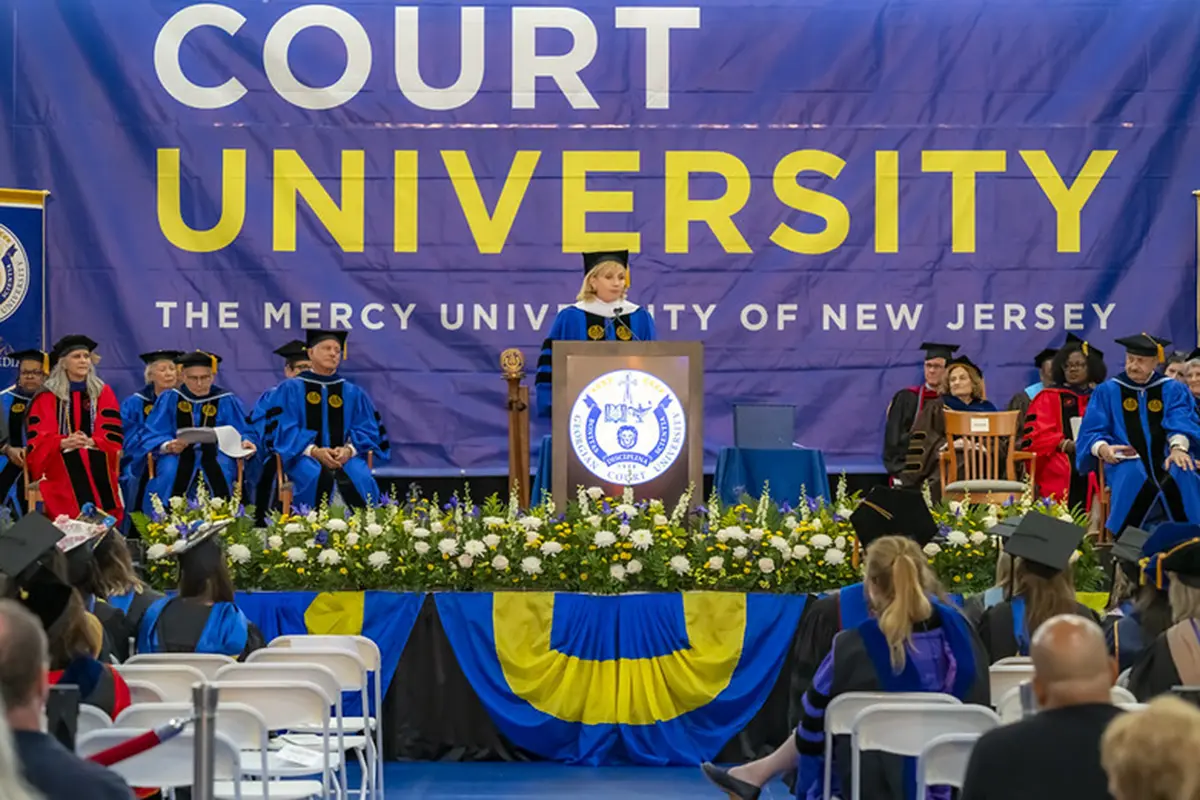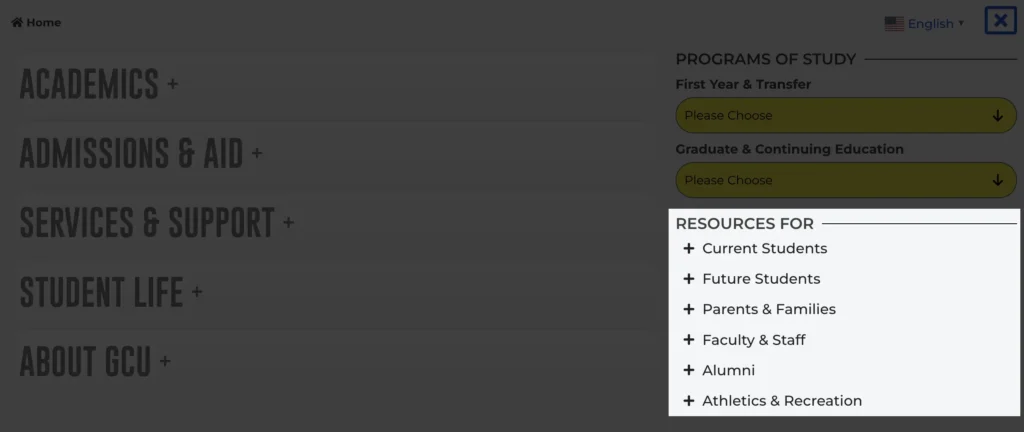A new year represents a fresh start—a time to wipe the slate clean and begin again. Many of the resolutions people make involve health and wellness—and not surprisingly, the majority of these best intentions are abandoned weeks or months later.
It doesn’t have to be that way when goals are realistic and aim at slow, lasting change, according to two Georgian Court University professors. Dieting safely, using a health and wellness coach, and a different way of walking can yield long-term benefits, according to Sachiko Komagata, PT, Ph.D., chair/associate professor of integrative Health and exercise science, and Vincent Chen, Ph.D., assistant professor of exercise science. In this series of short articles, the two faculty members share actionable tips for getting healthy in 2021.
First, Forget the Fad Diets
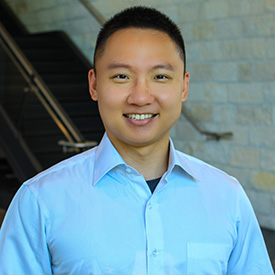
Every new year brings new fad diets—trendy eating plans that magically help people shed those holiday pounds. While fad diets might result in a few lost pounds, they’re not magic, cautions Dr. Chen, and they could have dangerous consequences.
“Fad diets are popular for a reason. They’re a fast shortcut to weight loss, most often by eliminating the macronutrients—proteins, fats, and carbohydrates—our bodies need for fuel and to operate efficiently,” he says. The body is designed to adapt to low levels of macronutrients as a survival mechanism. When its preferred energy source, carbohydrates, drops, the body responds by breaking down muscle and fat for fuel—emergency measures that are not sustainable; can produce symptoms such as headache, fatigue, dehydration, and constipation; and even be life-threatening.”
When it comes to health and wellness, fad diets can also feed the problem they were intended to solve.
“Restrictive diets lower the body’s resting metabolic rate, which makes it more difficult to maintain weight loss,” says Dr. Chen, noting studies show more than 80% of dieters regain lost weight in about two years. “Our bodies need proteins, fats, and carbohydrates in the right amounts. Be very careful about diets that are extreme in limiting these macronutrients or caloric intake.”
In late 2020, Dr. Chen discussed aging well and the role of dieting in a healthy lifestyle. His talk from Georgian Court University’s 2020 Virtual Wellness Expo is available here.
More Health and Wellness Advice From Dr. Chen
So, what’s a person to do after indulging in too many holiday treats? A registered dietician, whose services may be covered under a health insurance plan, can help develop a well-balanced, nutrient-rich, personalized plan that includes foods you enjoy—even the occasional goody. Dr. Chen also recommends weight-bearing exercise to boost muscle mass, which helps raise the resting metabolic rate and thus burn calories.
“You don’t have to join a gym. There are plenty of ways to build muscle—carry hand weights when you walk, move furniture around—you can even lift your kids in the air,” he says. “The important point is to take every opportunity to increase muscle mass.”
Dr. Chen is an assistant professor of exercise science at Georgian Court University. He holds a Ph.D. in Health and Kinesiology from Texas A&M University. His research focuses on the physiological adaptation of exercise and nutritional interventions. In 2010, he received the Michael Pollack Award from the American College of Sports Medicine (ACSM) on his research on how dietary lipids improve health in elderly with exercise training. Learn more about his work at Georgian Court and the B.S. in Exercise Science, Wellness, and Sports.
Contributed by Sheila Noonan.




